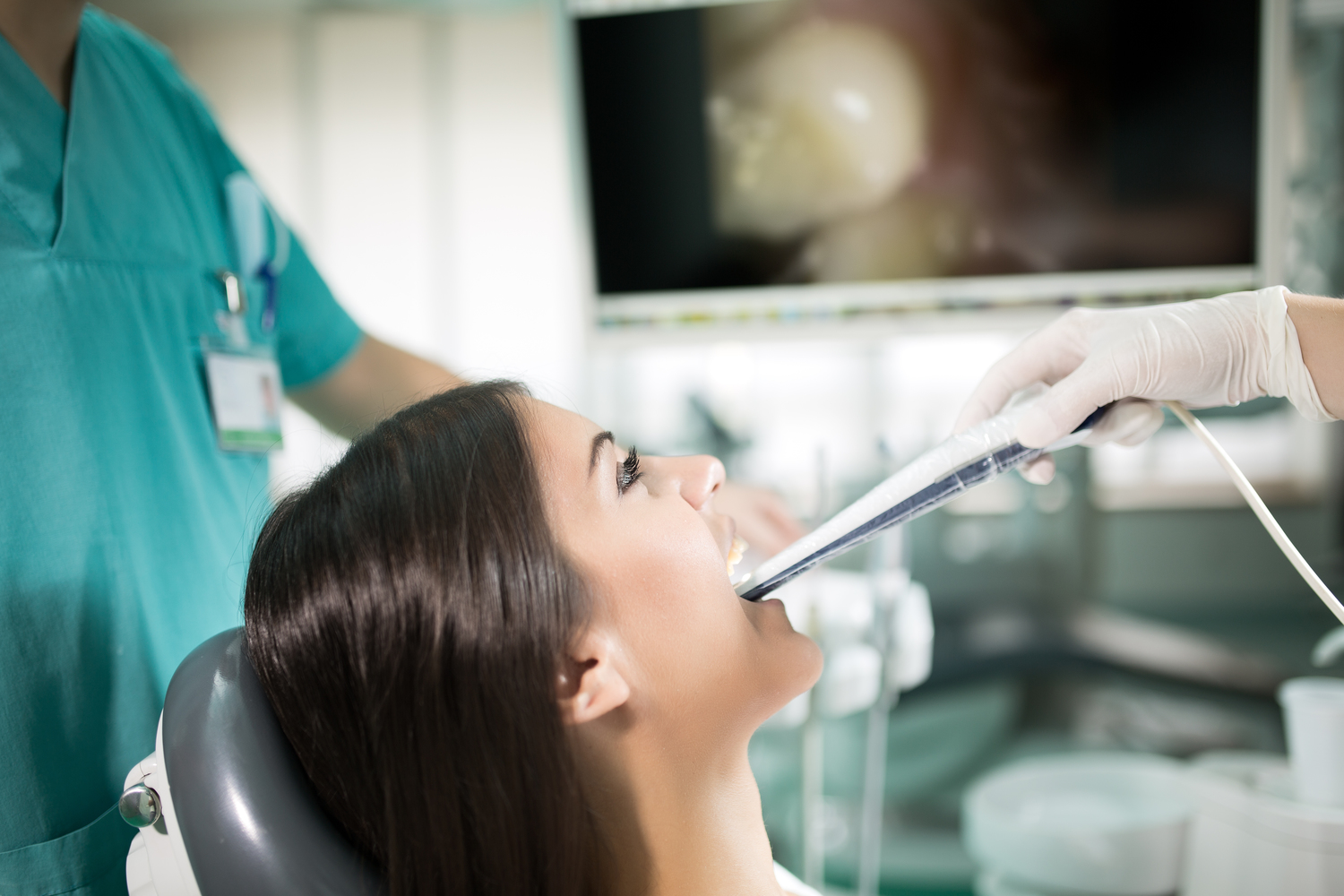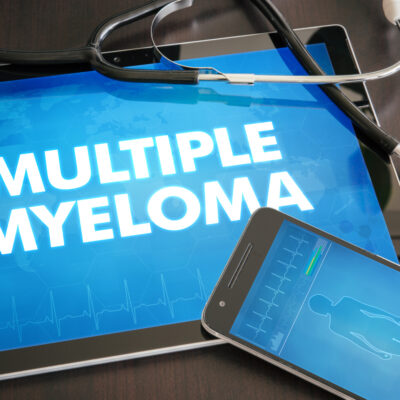
All you need to know about oral cancer
Cancer is caused by a violent growth of cells and it also invades the surrounding tissue. Oral cancer is more likely to occur in men than in women. Doctors recommend having regular oral cancer examinations to rule out the possibility of the condition.
What does oral hygiene mean?
Oral hygiene refers to the hygiene of one’s mouth and how clean and healthy it is. Not maintaining good oral hygiene can result in dental problems. A few tips to maintain oral hygiene are:
Brushing: Using a soft-bristled toothbrush is very important as it is gentle on your teeth and does not cause bleeding. Not brushing your teeth properly can leave germs behind. It is recommended to brush your teeth for about 2 minutes, twice a day.
Cleaning your toothbrush: Rinsing your toothbrush with water after every use is all you need to keep your toothbrush clean. Since the quality of the bristles deteriorates after a certain amount of time and usage, it is recommended to change your toothbrush every 2-3 months.
Flossing: Another important part of good oral health is cleaning between the teeth. Flossing is pretty effective, and it removes the junk from in between your teeth.
Mouthwash: A mouthwash acts as a mouth fresher as it freshens your breath. Use it after brushing your teeth to make sure your breath stays fresh.
What is oral cancer?
Oral cancer is the cancerous tissue growth in the oral cavity. Most of the oral cancers occur in the flat cells of surfaces like the tongue. Oral cancers are common in people who use tobacco, have a family history of cancer, consume alcohol regularly, or have Human papillomavirus (HPV).
Symptoms
Symptoms of early-stage oral cancer differ from late-stage oral cancer. Symptoms of early-stage oral cancer include:
- Non-healing ulcer
- Unusual changes on the surface of the skin
- Stubborn patches on the skin
- Continuous swelling on the skin
- Oral bleeding without any apparent cause
Symptoms of late-stage oral cancer include:
- Airway obstruction
- Persistent pain in the oral cavity
- Cervical lymphadenopathy (abnormal growth of the glands in the neck)
- Unusual ear pain
- Lockjaw (reduced opening of the jaw)
Diagnosis
For the diagnosis, your dentist might recommend oral cancer examinations that will reveal if you have any cancerous tissue growth in your oral cavity.
The dentist will check for irregular tissue growth in your oral cavity, neck, and face. If any suspicious growths are found, a tissue biopsy or a brush biopsy will be performed.
The brush biopsy is an easy test. It includes collecting cells from the suspicious growth. Tissue biopsy takes out a small piece from the tissue to check for cancerous cells under the microscope.
Treatment
The course of treatment depends on various factors like the stage of cancer, the type, and the location of cancer.
Targeted therapy: This treatment can be used to treat both early and late-stage cancers. The administered drugs interfere with the growth of the cancer cells by binding to specific proteins present in them.
Surgery: Surgery removes cancerous cells and lymph nodes. The tissue surrounding the cancerous cells may also be taken out.
Chemotherapy: It uses drugs to kill cancer cells.
Radiotherapy: Using radiotherapy, the doctor uses radiation beams to target the cancerous cells.


